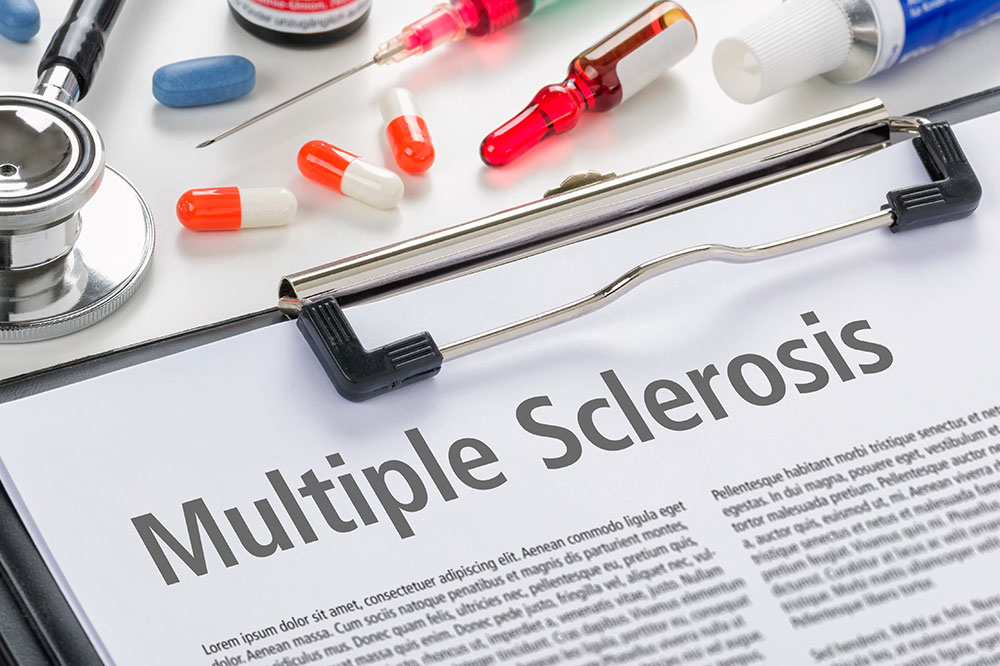
Top Treatment Options for MS
There is a great urgency to find a cure for multiple sclerosis as the impact is severe on the patients. The cost of medication and treatment is also high. Since there is no cure, treatment for MS focuses on speeding the recovery from attacks, managing the intensity of symptoms, and slowing the progression of the disease. Several drugs help to reduce the severity and frequency of the relapses.
1. Corticosteroids
Corticosteroids are medicines that help to reduce inflammation in the body. They work by closing the impaired blood to the brain barrier, which helps to stop the inflammatory cells from migrating into your body’s central nervous system. The medicines help to ease inflammation in the body and suppress the inflammation. High-dose steroids are administered by intravenous procedure once a day for up to 5 days. If the severity is less, then steroids are administered for a fewer number of days. If you opt for corticosteroid treatments, you need not get yourself admitted to the hospital; you can have the steroids administered to you as an outpatient.
2. Plasma exchange (plasmapheresis)
Plasma exchange is a way to clean the blood, something like dialysis. The plasma in your blood is replaced with a plasma substitute or with plasma from a donor. Plasmapheresis does not require admission to the hospital. You can do it as an outpatient. Blood coming out through a needle inserted into your veins goes through a tube into a machine that works to separate your plasma from your blood cells. The new blood going back into your body has fresh plasma, which helps prevent MS. Depending on your body size, the treatment time may vary from 2 hours to 4 hours. Plasmapheresis removes the proteins that are attacking your own body. Taking out these proteins helps to relieve the symptoms and prevent flare-ups.
3. Oral treatments
Oral treatments with fingolimod, cladribine, teriflunomide, laquinimod, and dimethyl fumarate are approved treatments for MS. After waiting for many years, this is a relief for patients with multiple sclerosis as it is an option to injectable therapies. Observers are of the anticipation that the use of oral agents to treat MS will surge over the next few years. The medicines help to reduce relapses and slow down the progression of MS.
4. Physical therapy
Physical exercises for stretching and strengthening are essential to help keep muscles in good condition to perform daily tasks. You can engage with an occupational therapist to help make your situation better.
5. Muscle relaxants
Muscle relaxants like baclofen, cyclobenzaprine, and a few others are helpful to relieve painful or uncontrollable muscle spasms and stiffness. This pain occurs mainly in the legs. Muscle relaxants are a significant relief to the mind as well, as pain can cause mental stress, besides physical discomfort.
6. Medications to reduce fatigue
MS can cause fatigue both physically and mentally. Fatigue occurs in 75 to 90 percent of patients with MS. If you are experiencing symptoms of fatigue and it is interfering with your activities, you can opt for medication like Amantadine, modafinil, and methylphenidate to help reduce MS-related fatigue. You can take Aspirin, too, as studies showed that two regular aspirins taken twice a day significantly reduced MS-related fatigue. Aspirin is inexpensive and is an OTC drug that is easily available.



